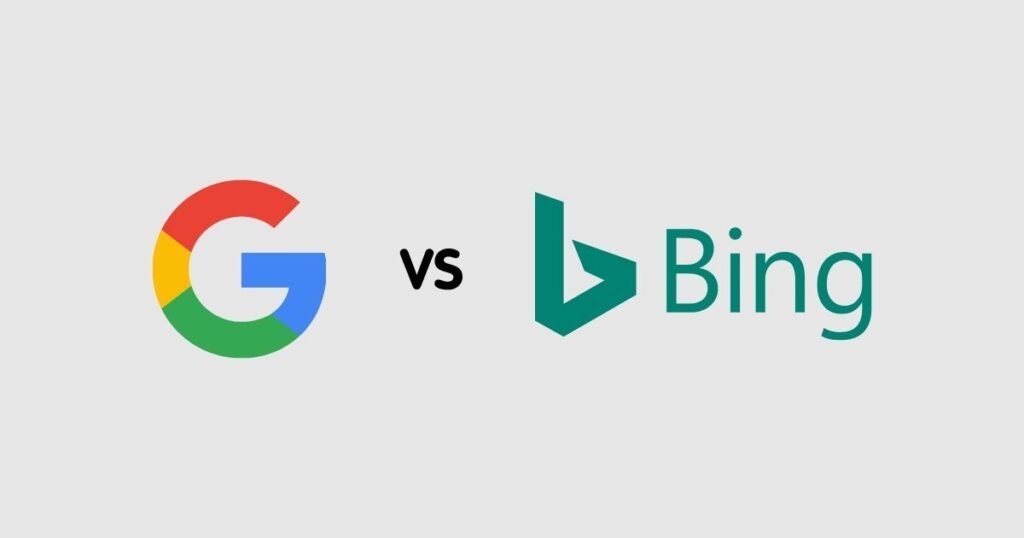In the ever-evolving landscape of search engine optimization (SEO), Google and Bing constantly refine their algorithms, leaving SEOs scrambling to adapt. While they share some core SEO principles, their updates often have distinct impacts on search results. Here’s a breakdown of the key differences between Google and Bing updates, and the potential consequences for your website’s ranking:

Focus and Philosophy:
- Google: Prioritizes mobile-friendliness, user experience, content quality and relevance, and backlinks. Their updates often emphasize user intent and providing the most informative and helpful results for a given search query.
- Bing: Places more emphasis on keyword matching, on-page optimization factors like title tags and meta descriptions, and social signals. While user experience is still important, Bing might be slightly more forgiving of keyword stuffing or less mobile-optimized websites.
Impact of Updates:
- Google Updates: Due to Google’s sheer dominance in the search engine market, their updates tend to have a more significant impact on website traffic. Recent Google updates, like the “Core Web Vitals” update, prioritize factors like page loading speed and mobile responsiveness, pushing websites to prioritize user experience.
- Bing Updates: Bing updates might not have the same widespread impact as Google updates. However, they can still be crucial for websites targeting specific keywords or aiming to improve ranking in Bing’s search results. Bing’s focus on social signals can be beneficial for websites with a strong social media presence.
Here’s a table summarizing the key differences:
| Feature | Google SEO | Bing SEO |
|---|---|---|
| Focus | User experience, content quality, mobile-friendliness | Keyword matching, on-page optimization, social signals |
| Impact of Updates | High – Significant impact on website traffic | Moderate – Can still be crucial for specific keywords or Bing ranking |
| Recent Updates | Core Web Vitals (user experience), BERT (natural language processing) | N/A (Focus on ongoing improvements) |
Optimizing for Both Search Engines:
While there are distinct differences, some SEO best practices can benefit both Google and Bing. Here’s how to create a well-rounded SEO strategy:
- High-Quality Content: Create informative, engaging, and valuable content that addresses your target audience’s needs. This remains a critical factor for both search engines.
- Mobile Optimization: Ensure your website is mobile-friendly and offers a seamless user experience across all devices. Google prioritizes this, but it’s a good practice overall.
- Keyword Research: Conduct thorough keyword research to identify relevant keywords and phrases your target audience uses. While Google emphasizes user intent, understanding keywords is still important.
- On-Page Optimization: Optimize title tags, meta descriptions, and header tags with relevant keywords while maintaining readability. This is crucial for Bing and still valuable for Google.
- Technical SEO: Ensure your website has a clean and efficient code structure, fast loading speed, and proper indexing for both search engines.
By understanding the unique approaches of Google and Bing, and implementing well-rounded SEO practices, you can increase your website’s visibility and attract organic traffic from both search engine giants. Remember, SEO is an ongoing process, so stay informed about future updates and adapt your strategy accordingly.


